Breast milk and baby formula are the first phases of your baby's feeding. However, by 6 months, your baby needs more energy than milk and baby formula can provide. it's time to introduce new soft or semi-solid foods like porridge or veggies.
This is also the time to introduce them to fruits, and there are many reasons for this. So, in this article, we will talk about fruits, why your baby needs them, and some of the best first fruits for the baby.
What Are Fruits and Why Does Your Baby Need Them?
Botanists define fruit as the mature seed-bearing part of trees or flowering plants you can eat as food. This means that foods like avocados, tomatoes, and even cucumbers are all fruit. From a culinary viewpoint, we define fruits as any sweet-tasting plant product with seeds, while the less-savory products are usually considered vegetables.
So, why does your baby need fruits? It's because fruits are very rich in vitamins that children need. Some fruits are also excellent sources of important minerals for immune and blood function and fiber, which keeps the digestive system healthy. There is also the added advantage of the variety which the different flavors and textures of fruits can bring to your baby's diet.
Now that we know why fruits are important for your kid, let's look at the best fruits for baby children.
Best Fruits for Babies
Here are the top fruits you can feed your baby.
1. Bananas
The banana is usually the first fruit parents give to their children when they are over 6 months of age. In fact, it’s among the most recommended by infant nutritionists, and there are good reasons why.
For one, bananas are full of vitamins like vitamin C and vitamin B6 and minerals like Potassium which helps maintain blood pressure. Then, there is the fact that bananas are very easy to eat and serve. They can be introduced to infants as young as four months and can be rapidly blended with breast milk or formula or served on their own (ideal for parents on the go). Bananas can be cooked with other fruits, brown rice, or hot cereal as your child ages.
2. Apples
Whoever said, “an apple a day keeps the doctor away,” was absolutely right. Apples are like little storehouses for health that your baby can benefit from. They are a great source of vitamins like vitamins A, B1, B2, and C and minerals like Potassium and Calcium that will keep your child healthy and are very rich in calories. A medium apple's 90–91 calories easily put it among the best fruit for babies.
In addition to these, Apples are full of antioxidants that treat dental issues, constipation, diarrhea, and pediatric stomach disorders, and the amount of fiber in an apple is equivalent to that in a bowl of cereal.
3. Cantaloupes
Cantaloupes are sweet and juicy and a well-rounded fruit to introduce to your baby's diet around the nine-month mark. This melon is a good source of antioxidants and vitamins A (necessary for healthy eyes and skin) and C, which are present in almost all good fruits for babies. It can be diced up for children who are starting to feed themselves, making it ideal for your little dietary adventurer.
The nutritional contents of cantaloupe also include potassium, an essential electrolyte for preserving fluid balance, facilitating muscular contractions, and ensuring a regular heartbeat. Additionally, its high water content relieves constipation and helps to keep your baby hydrated.
4. Mangoes
Mangoes, when included in the diet between six and eight months, are a great source of potassium, copper, fiber, and vitamins A, B6, and C. They’re very good fruits for babies due to their nutrients, taste, and texture, and they’re quite easy to serve.
You may simply mash this sweet delight with a fork and serve it alone, or you can serve it with vegetables, organic yogurt, or both. We would advise slicing your mangoes thinly to assist infants in honing their motor skills as they learn to feed themselves.
5. Berries
Berries are one of the best fruits for babies regarding health and vitality. Strawberries, blueberries, cherries, and strawberries are among the near-endless varieties your baby can enjoy. Berries are high in antioxidants and vitamins C and K, aiding the body's battle against cancer and heart disease. Do you want to improve your toddler's cognitive abilities? Then you should absolutely add these fruits to their diet
Most babies enjoy the taste of berries and would happily eat them raw. You might also incorporate them into salads or smoothies.
4. Grapes
Grapes are high in vitamins and minerals and come in wide varieties. They come in different colors, including red, green, yellow, and white, and they have different tastes, making them appealing to toddlers. But their aesthetic and palatal appeal aside, they are also very nutritious.
Grapes contain a lot of vitamin C, potassium, and calcium, which growing babies need for immune function, fluid balance, and bone health. They can be eaten in various ways, including as toppings for dosas and homemade cakes, blended into smoothies, or simply eaten as fruit!
Fair warning, though: while grapes are some of the best fruits for babies as far as nutrition is concerned, they do present a choking hazard due to their size, so it may be best to blend them.
5. Avocados
While green and generally thought of as vegetables, Avocados are actually nutrient-rich fruits high in vitamin C, vitamin K, and folate. They also have a very nice fat content, which is great because babies have fast-developing brains and require a substantial fat intake during their first year.
Avocados can be introduced into your baby's diet between the ages of four and six months, and you can serve them alone or in a mixture with other good fruits for babies, such as bananas. Mixtures like this are so great you may not be able to resist stealing a spoonful yourself.
Conclusion
Regarding infant nutrition, fruits are the best you can offer your child. They’re tasty, usually succulent, and naturally come in colors and shapes that children find pleasing. They can also be served in many ways, as you can slice, blend or mash them.
Another innovative way to feed these fruits is through pacifier-like feeders such as the Fruuti baby fruit feeder. These feeders are easy to use, eliminating choking risks and making experimentation with new tastes and textures safe and easy.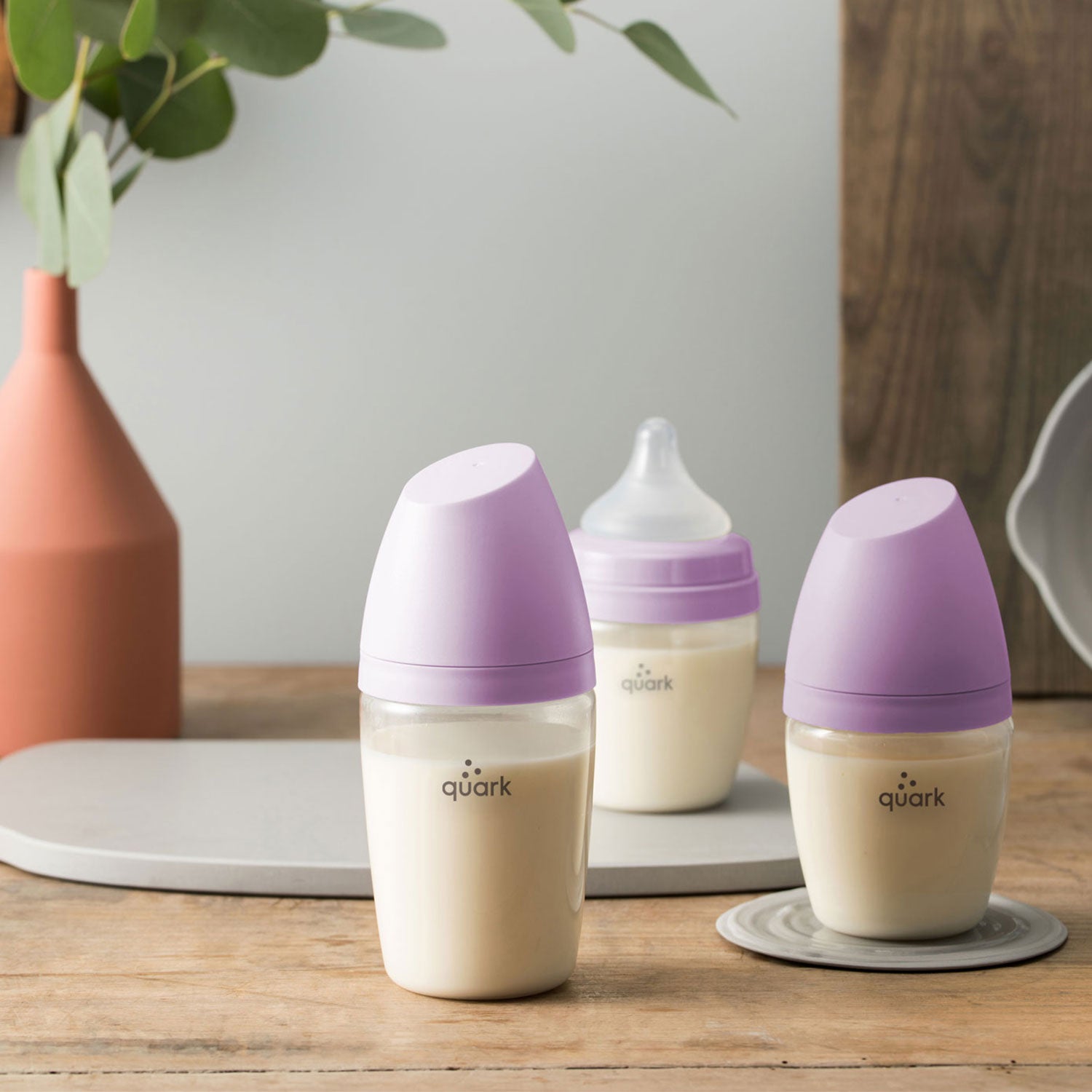
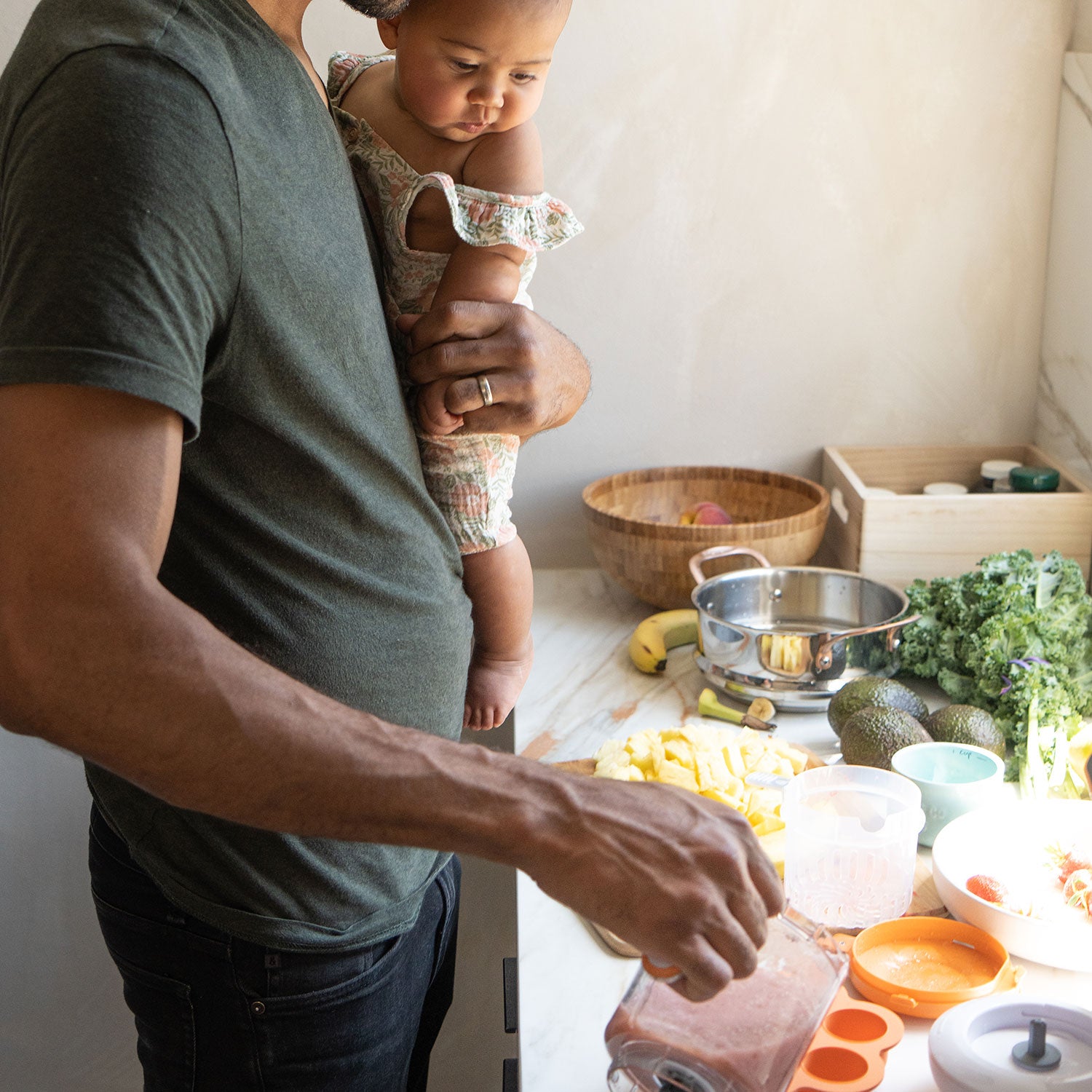

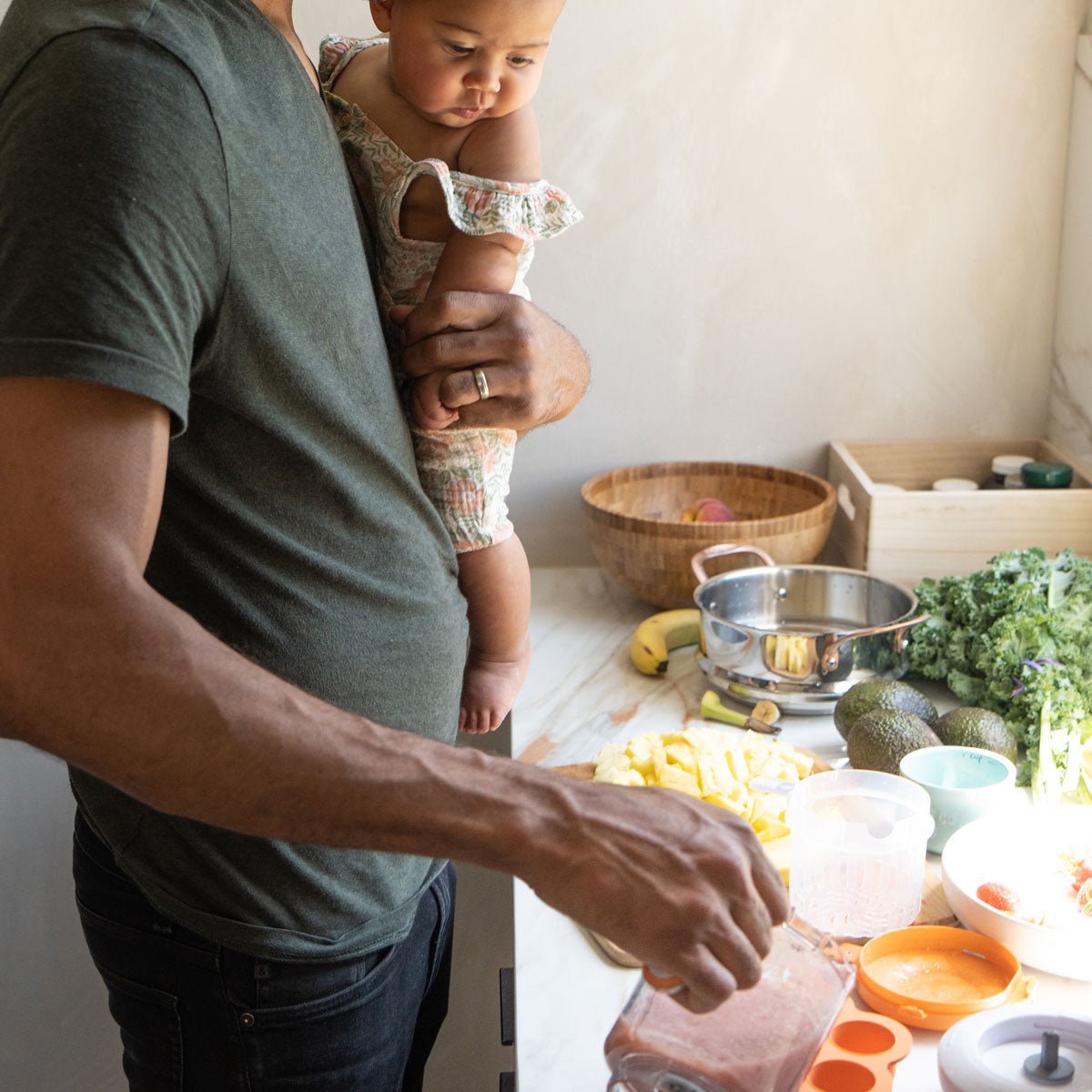

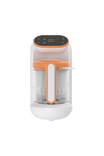
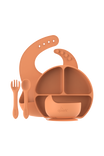
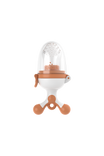
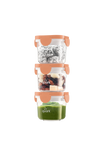
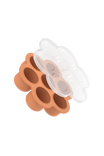
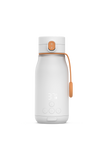
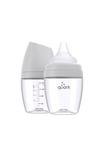
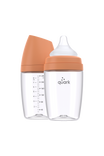
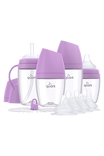
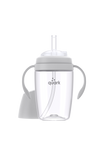
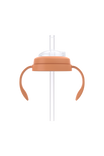
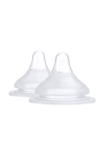
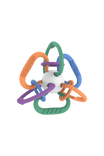
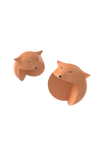
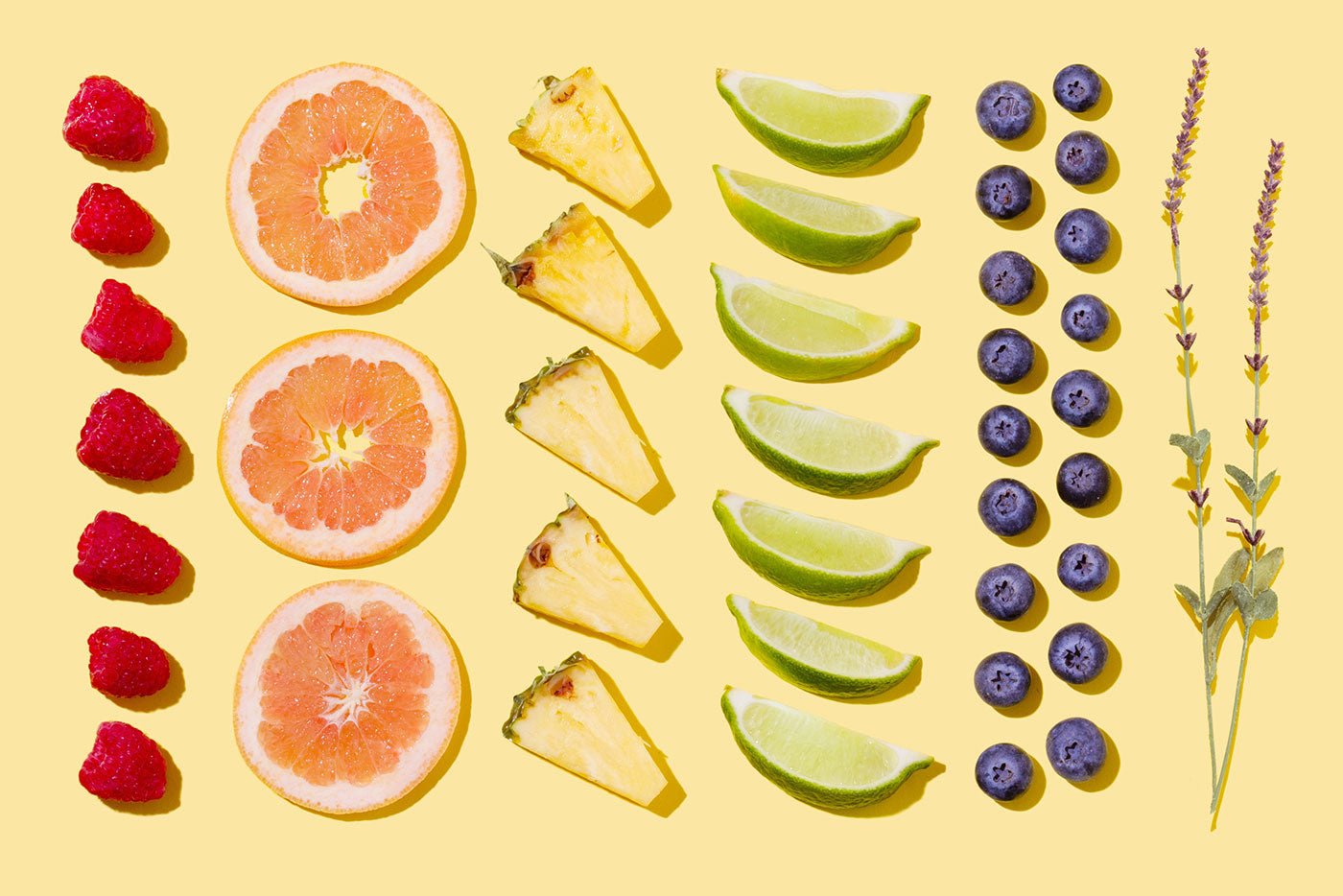


Leave a comment
All comments are moderated before being published.
This site is protected by hCaptcha and the hCaptcha Privacy Policy and Terms of Service apply.